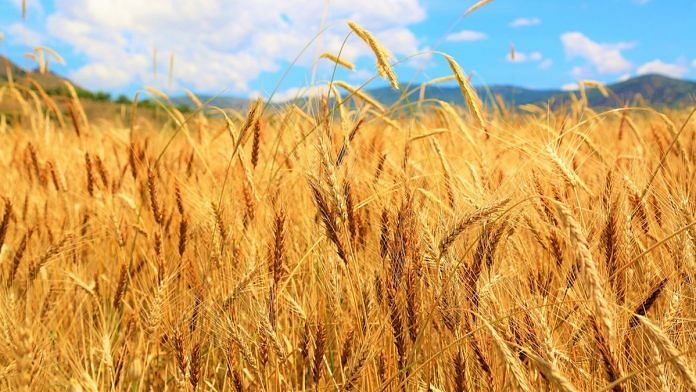Bengaluru: The myth that modern varieties of wheat, a food staple around the world, are heavily dependent on pesticides and fertilisers has been debunked by a new study.
Conducted by researchers in Australia and Germany, the study found that modern wheat varieties outperformed older, traditional varieties even when grown under conditions of reduced amounts of fertilisers, fungicides and water.
Published this week in the journal Nature Plants, the long-term study involved comparison between 200 wheat varieties, cultivated over the past 50 years in different conditions and varying chemical input.
During the study, researchers examined wheat yields in Western Europe, which accounts for some of the highest wheat yields worldwide. The research assumes significance also because it comes in the wake of an increasing concern that wheat production can be sustained only with the use of chemicals.
The details of the study
The study lays out in great detail the consequences of intensive breeding and genetic selection for an output of high grain yield in Europe.
The study was divided into two parts: Field testing and lab testing. The first part involved testing and comparison of 200 wheat varieties that have been essential to agriculture in Western Europe in the past 50 years. Yield and health of the crops were compared in side-by-side field trials under high, medium and low pesticide and fertilizer conditions.
The second part of the study took place in labs where the genetic make-up of different wheat varieties were compared and contrasted to match with performance differences.
“There is a view that intensive selection and breeding, which has produced high-yielding wheat cultivars, used in modern cropping systems has also made modern wheat less resilient and more dependent on chemicals to thrive,” said Kai Voss-Fels, lead author of the study and research fellow at The University of Queensland, in a statement accompanying the study.
“However, the data unequivocally shows that modern wheat varieties outperform older varieties even under conditions of reduced amounts of fertilisers, fungicides and water,” he said.
The study also found that genetic diversity within the often-criticised modern wheat gene pool is diverse enough to generate 23 per cent rise in yields.
‘Modern cultivars perform best in sub-optimum conditions’
The findings are expected to come as a jolt to some farmers and environmentalists.
“It’s been widely assumed that the older wheat cultivars are more robust and resilient, but it’s actually the modern cultivars that perform best in optimum and sub-optimum conditions,” said Voss-Fels.
“Quite a few people will be taken aback by just how tough modern wheat varieties proved to be even in harsh growing conditions such as drought or even when less chemical inputs were used,” he added.
Also read: Patanjali files 4 patents for ‘swadeshi’ fertilisers to help India’s distresse farmers



